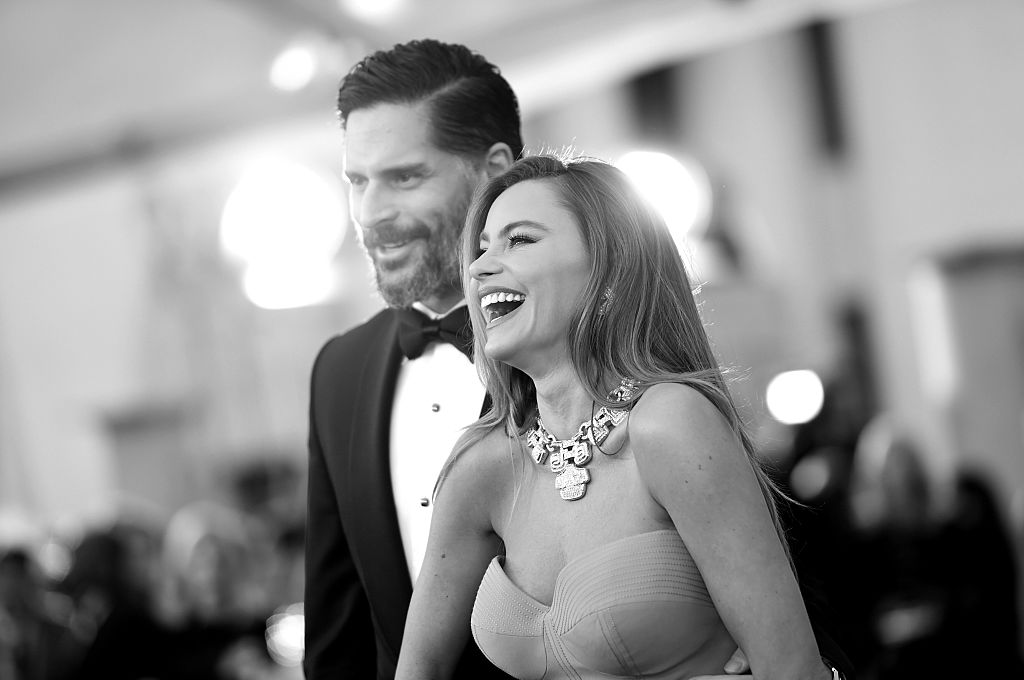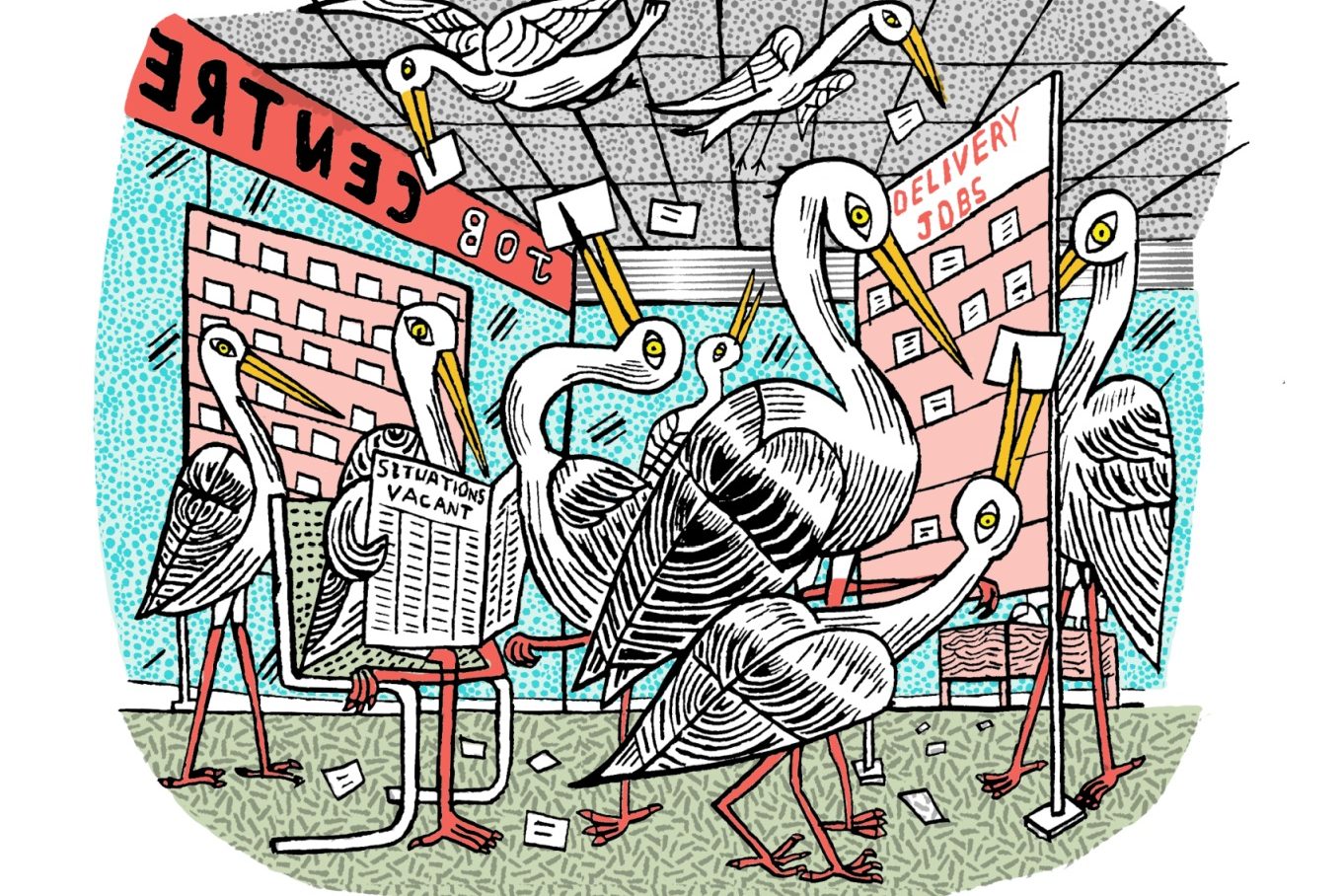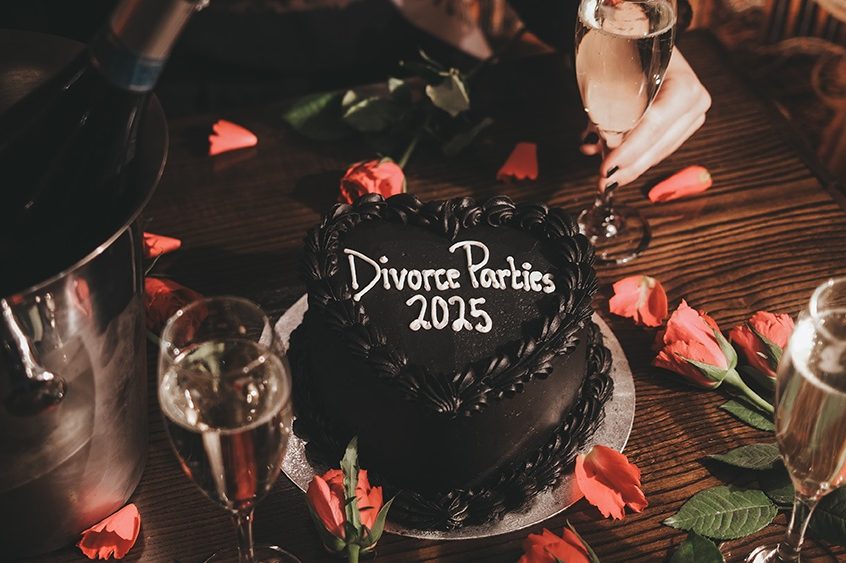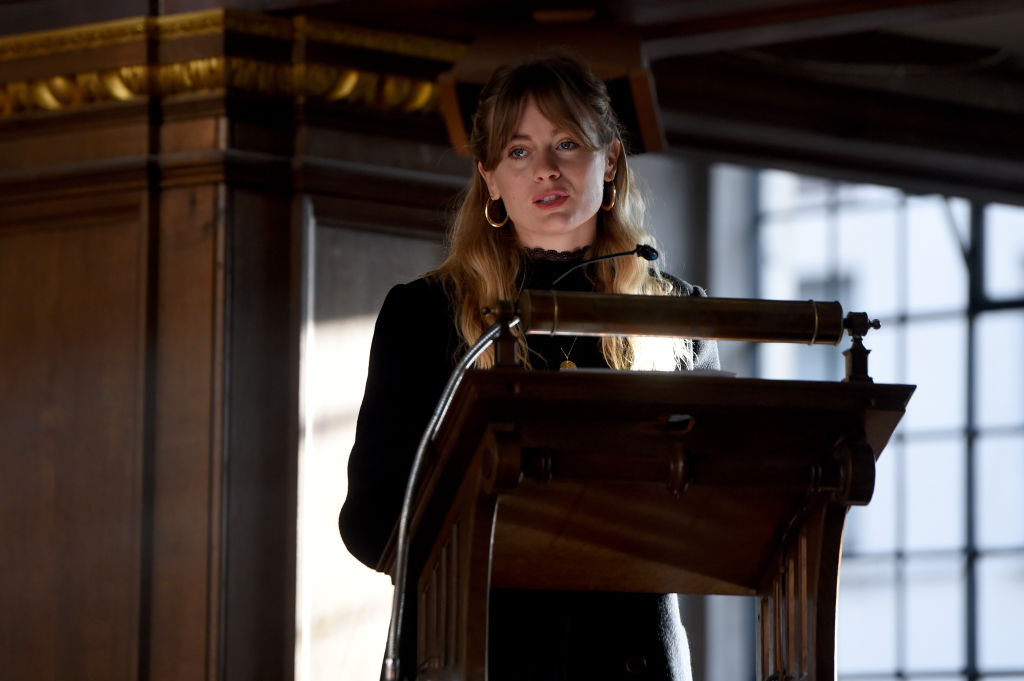When I was fresh out of college, a week before I started my first job, I had my first grown-up relationship. I met him on JDate, a Jewish dating app. He was a nice guy a few years older than me, living near Georgetown with a few roommates. We texted for a few days before he proposed a crazy first date: an overnight trip to Atlantic City with his friends. There was no hotel stay — we were going to pull an all-nighter driving there and back in twenty-four hours. With a healthy sense of adventure and perhaps a slight death wish, I said yes. We had an epic time and began a fast and furious relationship for the next few months.
While we had a lot of fun together, it became clear pretty quickly that we were very different people. I moved to Washington in hopes of becoming a Republican operative. He already had experience as a political operative, having worked as an assistant to a progressive politician in a deep-blue state. He was a Red Sox fan, I was born and bred Yankees. He wasn’t so religiously observant, I was becoming more so. But more than that, we wanted different things out of life. He broke up with me for that reason, despite the fact that we were having a great time. We would go on to meet and marry far more complimentary people; fast forward fifteen years or so and he has two kids with his wife and I have six with my husband.
When he first broke up with me, I was angry. We were having such a great time: why ruin it because of some hypothetical future concern over compatibility?
Now, of course, I’m unceasingly grateful to this ex for having the foresight that I didn’t; we would not have ended up with our soulmates, and we would not have ended up with the families we wanted to have. He definitely wouldn’t have wanted six kids, nor would I have been satisfied with stopping at two.
I thought of that ex-boyfriend and said a prayer of thanksgiving for his wisdom and courage to be pragmatic in our relationship when I read this heartbreaking essay on the Today show website last week by Bianca Turetsky, titled “I’ll never have my own kids. So why can’t I let go of my frozen eggs?” You don’t really need to read the piece (it’s tragic) to understand why: she wants kids but has married a man who does not. She knew that, but married him anyway, and still can’t let go of her dream of motherhood. Her frozen eggs represent that dream, which she’s keeping on ice for $100 a month.
Tabloid speculation about the divorce of Hollywood A-listers Joe Manganiello and Sofía Vergara indicates a similar mismatch on the question of kids. Page Six reports:
A source close to the True Blood star, forty-six, tells us he’s always wanted to be a dad and that those feelings have only intensified in recent years.
It’s unclear where Vergara, fifty-one, stood on the subject when the two said “I do” in November 2015, but we’re told she may have been open to it at the time.
A lot of things are important in a marriage: love, respect, trust, laughter. But perhaps most important is to remember that it’s a partnership for life; and as such, dating should not be considered fun, but instead like a job interview for the most important role you’ll ever have, that of a spouse.
If you were interviewing for a job, would you allow the process to drag on, long after you know it’s the right fit (or not)? Would you take the job (AKA get married) if you weren’t in agreement about what you both wanted out of the partnership?
If, after graduating medical school, you were offered a job and your future employer said they were “open” to you perhaps becoming a physician, would you accept? Or if your potential employer said they could pay you to do something, but that actually practicing medicine was off the table? How many people would set aside their hard work and dreams and accept such offers?
And yet, these are the literal proposals that Turetsky and (perhaps) Manganiello agreed to when they decided to marry people who wanted fundamentally different things out of life. It doesn’t mean that their spouses were wrong; just wrong for them. I don’t know, though, maybe they were also wrong. It’s cruel and unethical to waste someone’s precious time if you know that you won’t want the same thing; you don’t get those years of fertility back.
A great deal of heartache could have been avoided had they had an honest and frank conversation before beginning a serious courtship; not years into one.
In her piece on Today, Turetsky wrote, “Maybe growing up is realizing that you’ll never get everything you want. That nobody does. I had been making trade-offs my whole life but pretending the ride was free. Ultimately, I would have to pay the toll, even though at this point I couldn’t remember getting on the turnpike in the first place.”
She deserved more than settling. She deserved a man who wouldn’t help her with IVF injections to freeze her eggs, but instead set her free to meet a man who would want to fertilize them himself. Even though he’s rich and famous, and spent the better part of a decade with one of the most beautiful women on earth, Manganiello deserved more, too. Now forty-six, he won’t have nearly the same chance at fatherhood as he would have at thirty-nine when he was initially married.
Money can buy you a lot of things, but time isn’t one of them.

























